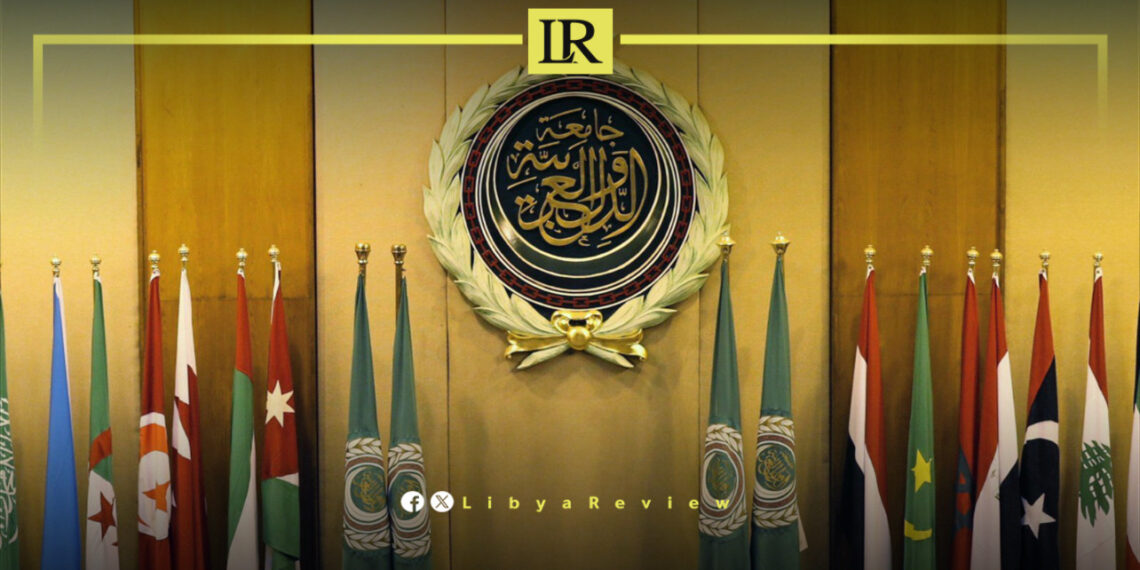Deputy Chairman of the Libyan High Council of State (HCS), Omar Al-Obeidi, said that the Arab League will soon sponsor further meetings to complement the document signed between HCS Head Mohamed Takala, Parliament Speaker Ageela Saleh, and the Presidential Council Head Mohamed al-Mnifi.
Al-Obeidi, speaking to “Abaad” news, revealed that an agreement between the two chambers to intensify consultations.
He indicated that communication with the House of Representatives’ presidency is positive, emphasising the continuity of communication between the chambers’ committees to break the political deadlock and proceed to elections.
“The HCS office has not officially received or processed applications for candidacy for the new government’s presidency, and the budget has not been referred to the council for rejection or approval,” he said.
The streets of Libya are witnessing a heated debate over the country’s future amidst the failure of most political solution initiatives and the ongoing state of division. The inability of both local factions and international and regional actors to define a roadmap for the future continues to complicate matters.
Last month, the “Libya Revival Bloc” proposed referring the conflict settlement file to the Arab League, hoping to achieve what the international community has failed to do through United Nations initiatives and resolutions.
The bloc suggests the formation of a streamlined government for political transition within 30 days, according to published electoral laws. This includes forming a minimized government through consultation between the House of Representatives and the State Council.
The proposal also stresses the need for simultaneous presidential and parliamentary elections according to the established laws within a specific timeframe.
Moreover, the bloc has called on the Arab League to intervene to oversee this process. This intervention would include holding an emergency meeting that brings together the heads of the House of Representatives, the State Council, and the Presidential Council to make necessary decisions, monitor the implementation of the plan, and report back to the Security Council to ensure compliance with the agreements.
Fawzi Al-Nuwairi, the Deputy Speaker of the Libyan House of Representatives, commented on the matter, highlighting the recurrent resignations of UN envoys, the latest being Abdoulaye Bathily, as an indicator of the international community’s failure to resolve the Libyan crisis.
He urged Libyans from various political, security, and civilian sectors to take responsibility for resolving the crisis themselves, away from foreign interventions.
Libya has been in chaos since a NATO-backed uprising toppled longtime leader Muammar Gaddafi in 2011. The county has for years been split between rival administrations.
Libya’s economy, heavily reliant on oil, has suffered due to the ongoing conflict. The instability has led to fluctuations in oil production and prices, impacting the global oil market and Libya’s economy.


